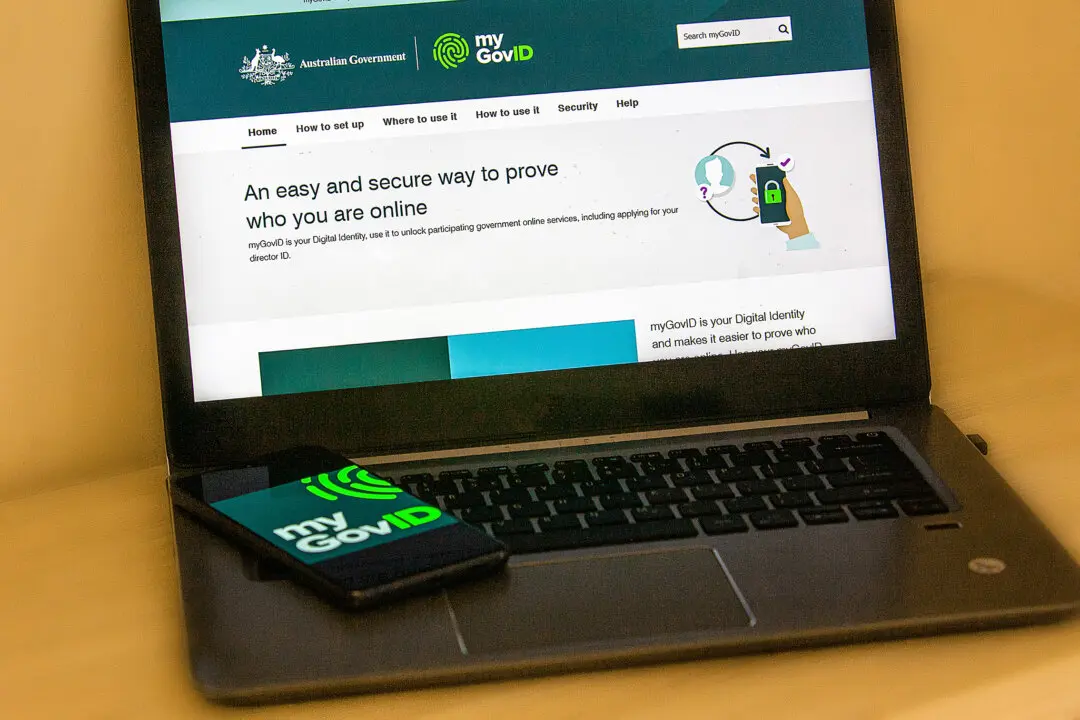A senator will write to Australian Prime Minister Anthony Albanese warning that the impending National Digital ID laws will open the floodgates for even more control over individual data.
Liberal Party Senator Alex Antic has garnered 123,000 signatures in an online petition opposing the new legislation ahead of its debate in the Senate.





